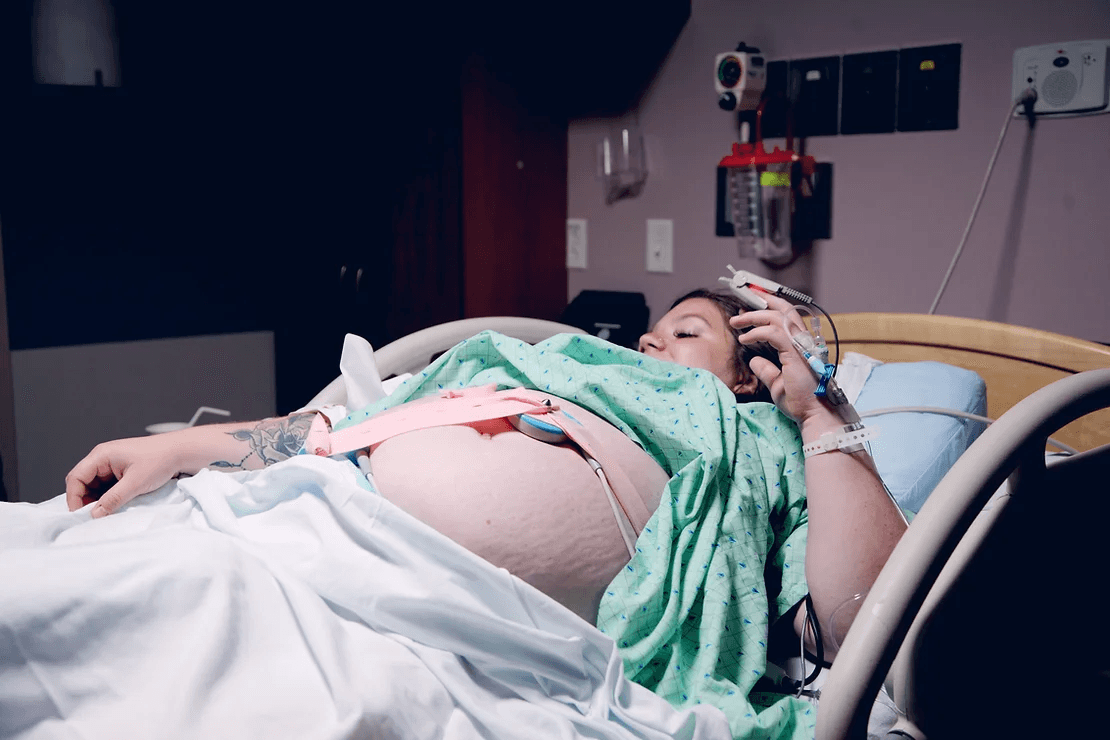
Complications & Risk Factors of Ectopic Pregnancy
Ectopic Pregnancy: Rare yet deadly if not taken care of in time.
Ectopic Pregnancy:
Rare yet deadly if not taken care of in time. Implantation, if it happens in the fallopian tube, it can be life threatening. Read this blog to know what an Ectopic pregnancy is.Fertilization occurs in the fallopian tube, the embryo travels down into the uterus to be implanted, where it grows further to form a baby. If the implantation happens in fallopian tube instead (or anywhere outside the uterus), that is Ectopic pregnancy.
Ectopic pregnancy can happen to any sexually active woman of reproductive age; it occurs in roughly 0.25-2.0% of all pregnancies worldwide. In a research conducted at a tertiary care centre in South India, 0.91% of pregnant women were observed to have ectopic pregnancies (with no maternal deaths).
An ectopic pregnancy can be a very serious issue and may need urgent medical attention.
That said, are there any symptoms that can indicate the presence of ectopic pregnancy? Generally ectopic pregnancy does not cause any symptoms, they show up between 6th and 14th week of pregnancy. Some of them are-
However, report to your physician immediately if you have any of these symptoms-
Experiencing these symptoms might be an indication of ruptured fallopian tube and internal bleeding, urgent surgery might be required.
Unfortunately, in ectopic pregnancies, the embryo is stuck in the fallopian tube, it cannot develop into a baby. This also puts the mother’s health into risk if the pregnancy is continued, which should not be encouraged. Therefore the pregnancy should be terminated using medications or a surgery, for the sake of the mother’s safety.
The cause of a woman's ectopic pregnancy is generally unclear. It occasionally occurs when there is an issue with the fallopian tubes, such as when they are blocked or thin. However, the chance of an ectopic pregnancy is increased by the following factors:
can all raise the chances of ectopic pregnancy.
It can be painful to lose a pregnancy, and many women experience the same level of grief as if they had lost a spouse or family member. These emotions can linger for several months, and they get better with time. Ensure that you give both your partner and yourself time to grieve. You might benefit from expert support or counselling if you or your partner are having trouble accepting your loss.
Wait until three months before trying again, to heal physically and emotionally from the loss. Next time is the time when you win against pregnancy loss.
- Popular Tag:
- Pregnancy






Comment (0)